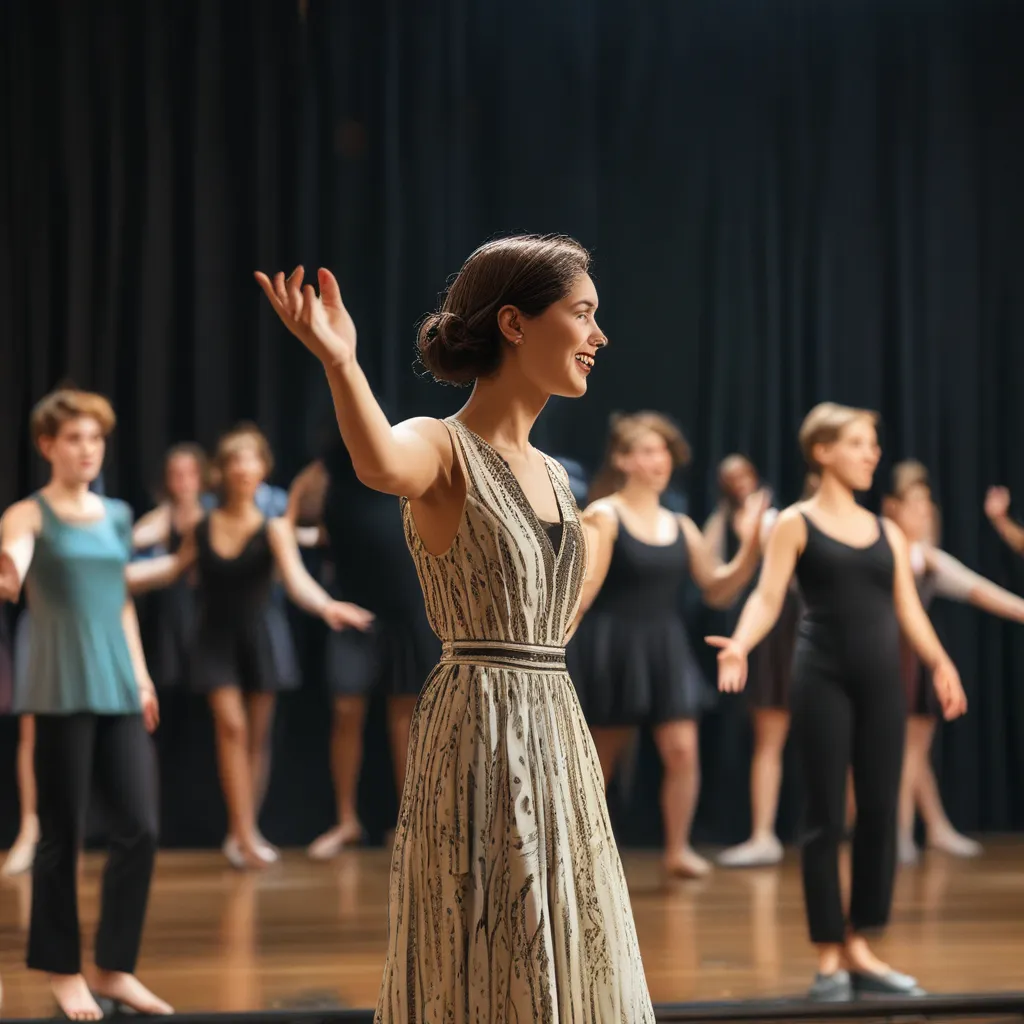
Defying Expectations: The Art of Unconventional Auditions
As I sit here, sipping my lukewarm coffee and staring at the blank document on my screen, I can’t help but reflect on the countless auditions I’ve witnessed over the years. The traditional musical theater audition format – the endless parade of belters, the sea of jazz hands, the obligatory “16 bars of a contemporary musical theater song” – it’s a scene that’s become all too familiar. But, my friends, the times, they are a-changin’.
In today’s ever-evolving world of musical theater, the audition process is undergoing a radical transformation. Gone are the days when performers were expected to fit neatly into the mold of the “triple threat.” Nowadays, directors and producers are actively seeking out artists who defy convention, who bring a refreshing sense of individuality and authenticity to the table.
Embracing the Unexpected: Unconventional Audition Styles
The Musical Theater Center is at the forefront of this movement, encouraging aspiring performers to explore the unconventional. As Odell Zeigler, a renowned educator and presenter, so eloquently stated in his Choralosophy podcast episode, “Literacy is equity. We must give all students access to music literacy instruction.” This philosophy extends far beyond the choral classroom and into the world of musical theater auditions.
I’ve seen it firsthand – performers who, on paper, may not fit the “traditional” mold, but who captivate the room with their raw talent and unwavering authenticity. Take, for example, the young man who arrived at his audition, guitar in hand, and proceeded to belt out an original folk-inspired ballad. Or the aspiring actress who chose to showcase her slam poetry skills, weaving a powerful narrative that left the panel spellbound.
These are the kind of artists that modern musicals are craving. Directors are no longer interested in cookie-cutter performers; they want individuals who can bring a fresh perspective, who can challenge the status quo and push the boundaries of what a musical theater performer can be.
Debunking the Myths: The Importance of Diverse Musical Literacy
But, as Odell Zeigler pointed out in his NAfME presentation, there are still those who cling to the notion that musical literacy is a “Eurocentric” concept, a barrier to inclusion and diversity. To this, I say: Hogwash! (Pardon my French.)
Musical literacy is not the exclusive domain of the privileged few; it is a fundamental tool that empowers all learners, regardless of their background or socioeconomic status. As Zeigler eloquently argued, “If you can read, why wouldn’t you want your students to learn to read music?” It’s a valid question, one that cuts to the heart of the matter.
At the Musical Theater Center, we believe that musical literacy is the great equalizer, the key that unlocks the door to a world of artistic expression and collaboration. Whether you’re a seasoned professional or a wide-eyed newcomer, the ability to read and interpret musical notation is a superpower that can elevate your craft and expand your creative horizons.
Embracing the “Unconventional”: A Pathway to Success
Now, I know what you’re thinking: “But what about those performers who don’t fit the traditional mold? How can they possibly compete in an industry that has been dominated by a certain aesthetic for so long?”
To that, I say: Embrace the unconventional! As Zeigler so aptly pointed out, “Where there is a will, good pedagogy too there is a way.” At the Musical Theater Center, we are committed to nurturing the unique talents of each and every student, regardless of their background or training.
We understand that the path to success in the modern musical theater landscape may not always be a straight line. It may involve exploring uncharted territories, defying expectations, and challenging the status quo. But that’s precisely what makes it so exciting!
Embracing Diversity: The Future of Musical Theater Auditions
As I look to the future of musical theater auditions, I see a landscape that is richer, more diverse, and infinitely more compelling. Gone are the days of the one-size-fits-all approach; in its place, a vibrant tapestry of individual voices, each one adding a unique thread to the grand artistic tapestry.
At the Musical Theater Center, we are dedicated to fostering this revolution, to nurturing the next generation of unconventional performers who will redefine the very essence of musical theater. So, if you’re an aspiring artist who’s tired of the same old song and dance, I urge you to embrace the unexpected, to celebrate your individuality, and to let your true voice shine through.
The stage is yours. The future is ours to write.

